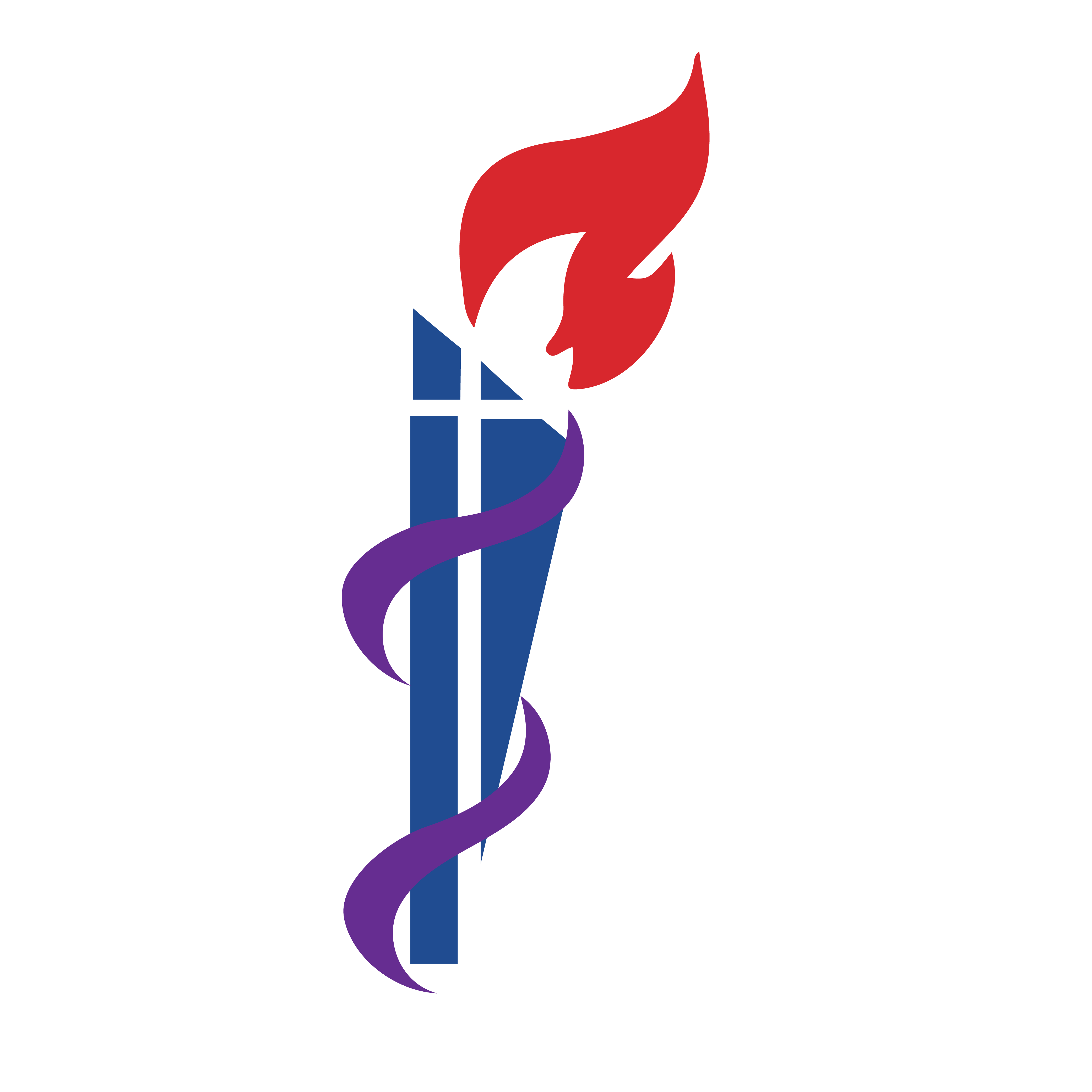
Catholic Charities Fort Worth was awarded “recognition” by the Department of Justice on December 8, 1983. That marks, then, the official birth of our department. We were among the first 35 recognized organizations among the 400 that are active today. As we celebrate our 40th anniversary, we do so as one of the longest continuously running departments of the agency.
The United States Federal Law establishes that an organization that is a non-profit religious, charitable, social service, or similar organization that provides immigration legal services primarily to low-income and indigent clients within the United States, and, if the organization charges fees, has a written policy for accommodating clients unable to pay fees for immigration legal services.” (8 CFR 1292.11(a)(1))
And meets other criteria can be “Recognized” by the Department of Justice. This is part of a program described as allowing non-attorney “Accredited Representatives” to represent aliens before the Department of Homeland Security (DHS) and the Executive Office for Immigration Review (EOIR), which includes the immigration courts and the Board of Immigration Appeals (BIA). These representatives are accredited through the Recognition and Accreditation (R&A) Program, which aims to increase the availability of competent immigration legal representation for low-income and indigent persons, thereby promoting the effective and efficient administration of justice. Accredited Representatives may only provide immigration legal services through Recognized Organizations. In accordance with the Executive Office for Immigration Review, only non-profit, federally tax-exempt entities may apply to be recognized.
Since 1983, CCFW Immigration Services has been able to help thousands of people navigate the complex U.S. immigration process. We have been part of many landmark moments in the history of the immigration system to the U.S. such as the Refugee Act of 1980 (formalizing the refugee program into the U.S.), the Immigration Reform and Control Act (IRCA) of 1986, the USA PATRIOT Act after 9/11 that saw the creation of DHS, and the Deferred Action for Childhood Arrivals (DACA) in 2012, among others. All those occasions created a surge in the demand for services and, every time, the department rose to the occasion to serve as many as humanly possible.
Through the years, the department has emphasized three things: as many as possible, as fast as possible, as good as possible. This allows us to aim at three principal areas. One, the ability to serve as many people as we can because the need is big. Second, the aim of serving in an expedited and timely manner, without unnecessary delays. Third, a serious commitment to ethics, and high quality. We will not go beyond what the law allows a client to do, and we will not cut corners in the preparation of the application packets that we submit on behalf of our clients.
We are an organization that does more than answer questions or fill out forms. We provide complete legal services that start with consultation and culminate in complete legal representation in front of the Federal Agencies handling the cases. To achieve our goals, we focus on our staff and our technology. Our staff maintains a regular schedule of continuous education training that is specific to the practice of immigration law. We also belong to national professional organizations in our field, including the Catholic
Legal Immigration Network, Inc (CLINIC), the American Immigration Lawyers Association (AILA), and the Immigration Project of the National Lawyers Guild. This helps us stay at the forefront of the changes of law and procedures. We also make concerted efforts to keep our technology up to date to better serve our clients. We utilize a state-of-the-art case management system that allows for continuous monitoring of the cases and communication with the clients. We observe the highest industry standards to handle the delicate information that we have from our clients.
We grow year over year in the fine tuning of our processes to accommodate the specific needs of our clients. We accommodate the specific trends that we see and are nimble enough to modify our procedures while maintaining our core elements. We remained open through all the COVID pandemic. We were able to move to a hybrid model and our clients adapted with us to the new realities. We establish clear goals for our department that not only focus on outputs but have several outcome indicators as well to monitor our timeliness, our quality, and how our operations function.
After 40 years, we look back with great gratitude and humility for everything that has been done and how many people we have been able to serve. Everyone in our current staff is either an immigrant themselves or an immediate relative of one. Therefore, when we look at the present, we do it with a deep sense of responsibility and empathy. We walked this road. We know how stressful it is, how scary it can be, how vulnerable one can feel.
As we look to the future, we see challenges ahead. We see the need of many for an immigration system that works in the 2020s. We see the need for a nation that must adapt to the new realities that are vastly different from the last time the law was overhauled. We are not afraid. We are thankful to be able to do this job every day. Whatever lies ahead, we will handle it, for as many as we can, as fast as we can, as good as we can.
